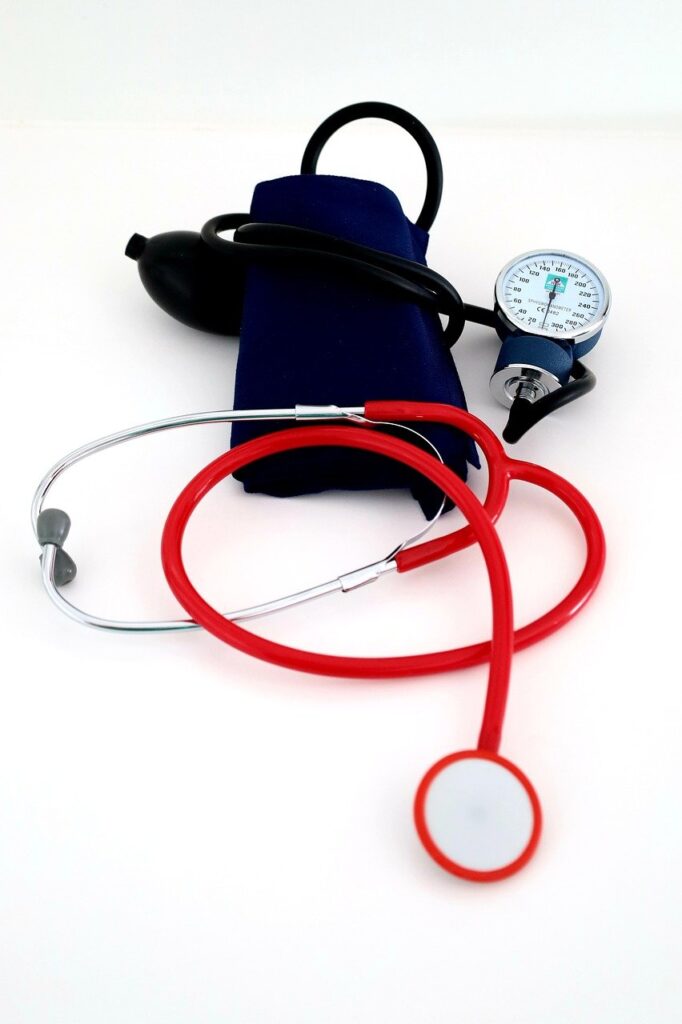Blood pressure is a measurement of the pressure or force of blood within your arteries. Every time your heart beats, it pumps blood into the arteries that transport it throughout your body. This occurs 60-100 times each minute, 24 hours a day. Arteries carry oxygen and nutrients to the entire body, allowing it to function.
Blood pressure vs. heart rate

Both have to deal with your heart, but they are not the same thing. B.p is the force with which your blood moves through your blood vessels. Your heart rate is the number of times it beats in one minute.
An increase in heart rate does not imply that your blood pressure will also rise. The only way to determine your BP is to use a BP cuff and gauge.
Why blood pressure fluctuates
Your blood pressure fluctuates over time. It varies depending on what you are doing. When you exercise or get excited, your BP rises. Your blood pressure drops when you’re resting.
Your blood pressure may also fluctuate due to:
- Age.
- Medications you take.
- Changes in position.
Why blood pressure matters
High BP, dubbed the “silent killer,” normally causes no symptoms. It can harm your heart, kidneys, and brain before you realize what is happening.
High blood pressure is a significant risk factor for cardiovascular disease. Without therapy, high b.p can lead to
- Transient ischemic attack (TIA).
- Stroke.
- Heart attack.
- Enlarged heart.
- Heart failure.
- Peripheral artery disease.
- Aneurysms.
- Kidney disease.
- Broken blood vessels in your eyes
Who is likely to get high blood pressure?
- Have a family history of hypertension, cardiovascular disease, or diabetes.
- Are Black.
- Are age 60 or older.
- Have high cholesterol.
- Use oral contraceptives (birth control pills).
- Have obesity.
- Have diabetes.
- Use tobacco products.
- Don’t exercise.
- Have to eat a high salt diet.
When is blood pressure checked?
If your BP is normal, your doctor should check it at each annual exam. If your BP readings at appointments are high, your doctor may instruct you to monitor your BP at home many times per day to once per week.
You should take your BP at the same time every day. You can take two or three readings in succession, as long as you wait one minute between each one. When you’re finished, calculate the average of the two or three readings you took.
Your provider may request that you wear a blood pressure monitor for 24 hours. The monitor is commonly programmed to take BP every 15 to 30 minutes while you go about your daily activities.
What treatments are available for persons suffering from high BP?
High BP is a significant risk factor for cardiovascular disease. Without therapy, you may experience a TIA or stroke, heart attack, enlarged heart, heart failure, peripheral vascular disease (leg discomfort), aneurysms, renal problems, and burst blood vessels in your eyes. Treatment entails making the modifications indicated by your healthcare provider.
Diet and lifestyle changes:
- Get regular exercise
- Eat a well-balanced, heart-healthy diet rich in fresh fruits and vegetables and low in salt, fat, and cholesterol. Your food is an important aspect of controlling your BP. Limiting sodium (salt) and following the Dietary Approaches to Stop Hypertension (DASH) diet plan can help regulate BP. Ask your doctor to send you to a dietician for a more individualized dietary plan.
- Most males should limit their alcohol consumption to two drinks per day, while women and lighter-weight men should limit themselves to one drink per day.
- Manage stress and anger.
- Avoid all tobacco and nicotine products.
- Other lifestyle adjustments include controlling lipid levels (LDL, cholesterol, and triglycerides) and treating other health issues including diabetes.
Medications and follow-up care:
- Take all drugs as indicated. Do not discontinue or begin taking any medications without consulting your doctor. BP medicine does not remain effective after you stop taking it.
- Keep all follow-up appointments so your doctor can monitor your BP, adjust your medications as required, and help you control your risk of cardiovascular disease.
Your doctor may ask you to take home BP readings. Record your BP according to the guidelines provided by your doctor.






















